

FIABCI World President Addresses ECOSOC on Innovative Solutions for Poverty Reduction
FIABCI World President, Budiarsa Sastrawinata, and Secretary-General, Narek Arakelyan, recently participated in the 2024 Partnership Forum of the Economic and Social Council (ECOSOC) held on January 30 at the ECOSOC Chamber, United Nations Headquarters, New York.
During the event, the FIABCI World President was invited to contribute to a panel discussion on the SDG 1 Action Segment, exploring the theme 'Reinforcing the 2030 Agenda and eradicating poverty in times of multiple crises: the effective delivery of sustainable, resilient, and innovative solutions.' The discussion delved into three key trends: the concentration of poverty and geographic disparities, growing fragility and conflict, and demographic transformation. The speaker lineup also included Jose Medina Moraicaza, President of the Mexican Employers group COPARMEX and Chairman of CompuSoluciones, Shawyn Patterson-Howard, Mayor of Mount Vernon, NY, and Representative for the Local Authorities Major Group, Emily Forhman, Executive Director, Women First International Fund, Paula Gaviria, UN Special Rapporteur on the Human Rights of Internally Displaced People (IDPs), Rikin Gandhi, CEO of Digital Green, and Jeffrey Sachs, Director at the Center for Sustainable Development, Columbia University.
SDG Action Segment for Goal 1 – No Poverty
The topics of discussion revolved around strategies to channel investments into underdeveloped areas for shared prosperity and poverty reduction, insights into successful innovative interventions, the role of private sector technologies and digital public infrastructure in addressing poverty concentration, and the importance of local and regional governments in reducing inequalities. Additionally, the questions touched upon the responsibilities and partnerships needed for local governments, the experiences of mayors in poverty reduction, and addressing the growing challenges in fragile and conflict-affected regions, with a focus on strengthening the resilience of displaced populations. Finally, the speakers explored the collaborative roles of the private sector, civil society, academia, NGOs, local communities, and other stakeholders in supporting government efforts to eradicate poverty.
In his speech, FIABCI World President Budiarsa Sastrawinata emphasized the crucial role of the real estate industry in addressing global poverty reduction through affordable housing. Mr. Sastrawinata started by addressing the multifaceted concept of affordable housing, which varies across regions and economic landscapes, making it essential to establish a global framework embracing diverse definitions and approaches. The World President also made policy recommendations, advocating for the creation of a global framework for affordable housing policies and emphasizing financially sustainable and socially inclusive practices. The proposed policy involves public-private cooperation, innovative construction technologies, and smart maintenance strategies. Finally, Mr. Sastrawinata urged a holistic and sustainable approach that considers the broader context of communities and cities, encouraging competition, innovation, and excellence in the market, instead of relying solely on imposed quotas, strict regulations, or fiscal incentives.
The key messages and recommendations from these discussions will serve as input to the High-Level Political Forum (HLPF) in July 2024, which will place a special emphasis on the review of the progress of Goal 1 (No Poverty), along with Goal 2 (Zero Hunger), Goal 13 (Climate Action), Goal 16 (Peace, Justice and Strong Institutions), and Goal 17 (Partnerships for the Goals) of the 2030 Agenda for Sustainable Development.
To learn more about FIABCI’s global projects on the topic of affordable housing, including the "The City We Need is Affordable" books, please visit www.fiabci.org/en/projects.
FIABCI at the Economic and Social Council of the United Nations
In 1971, FIABCI obtained rooster consultative status and later, on 31 May 1996, special consultative status at the Economic and Social Council of the United Nations, dedicated to Sustainable Development and providing overall guidance and coordination. FIABCI supports the implementation of the New Urban Agenda, which is the outcome document agreed upon at the Habitat III Cities Conference in Quito, Ecuador, in October 2016.




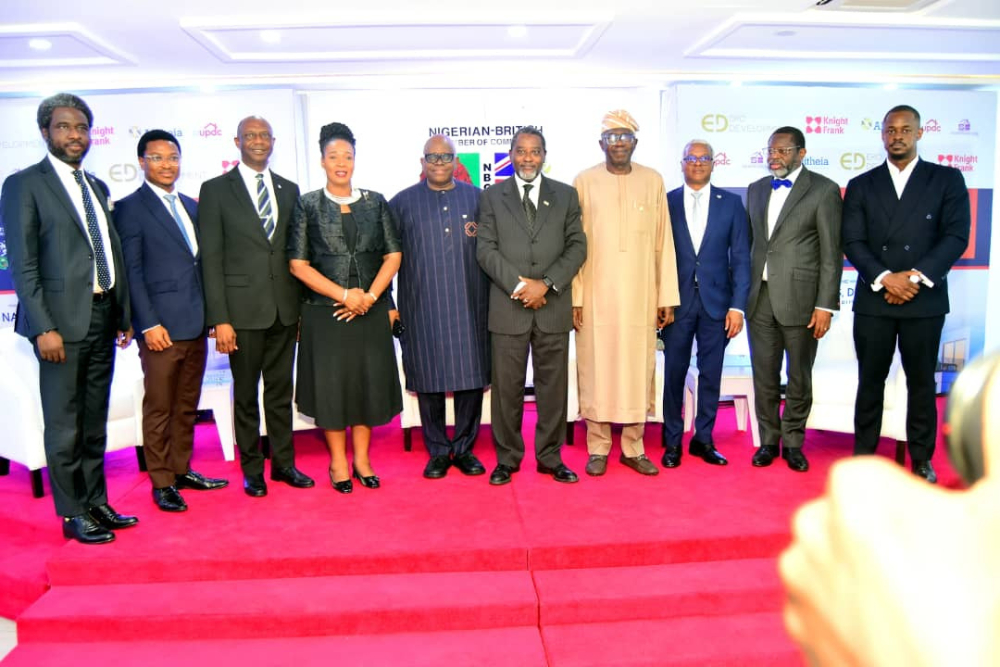
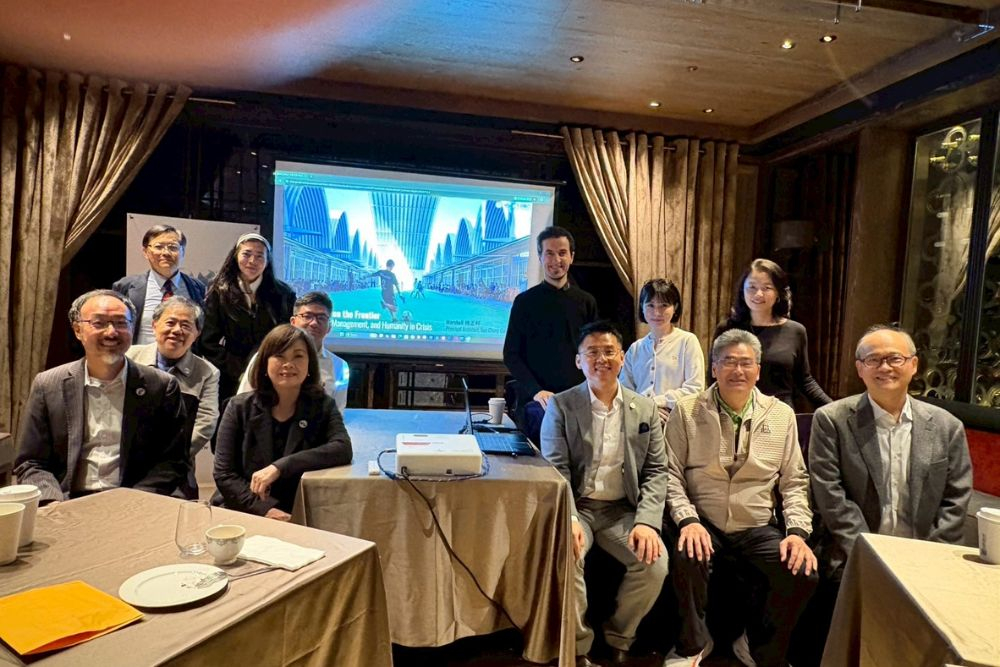
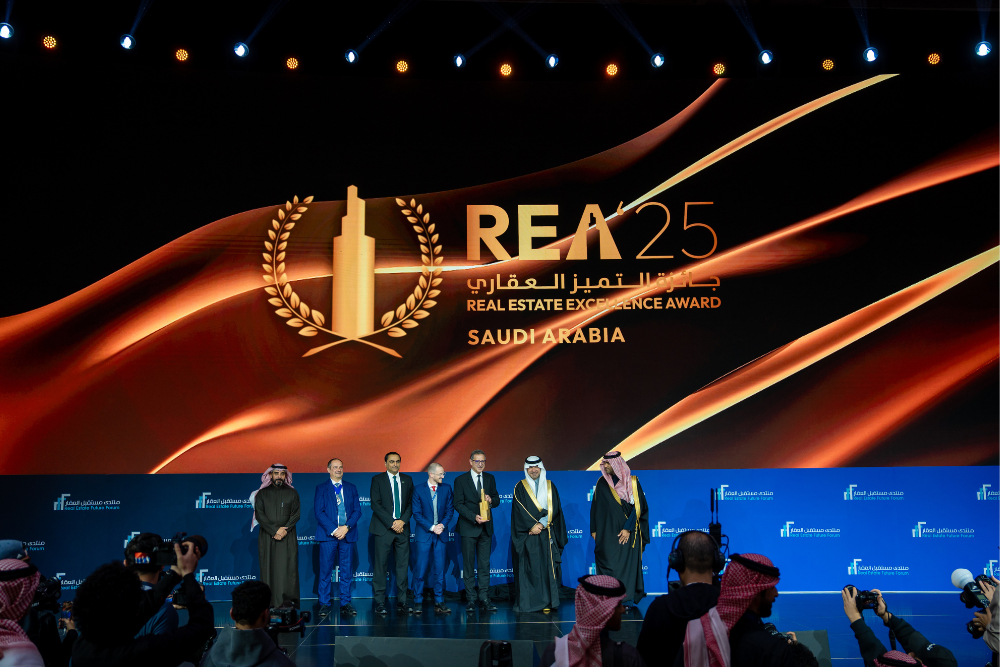

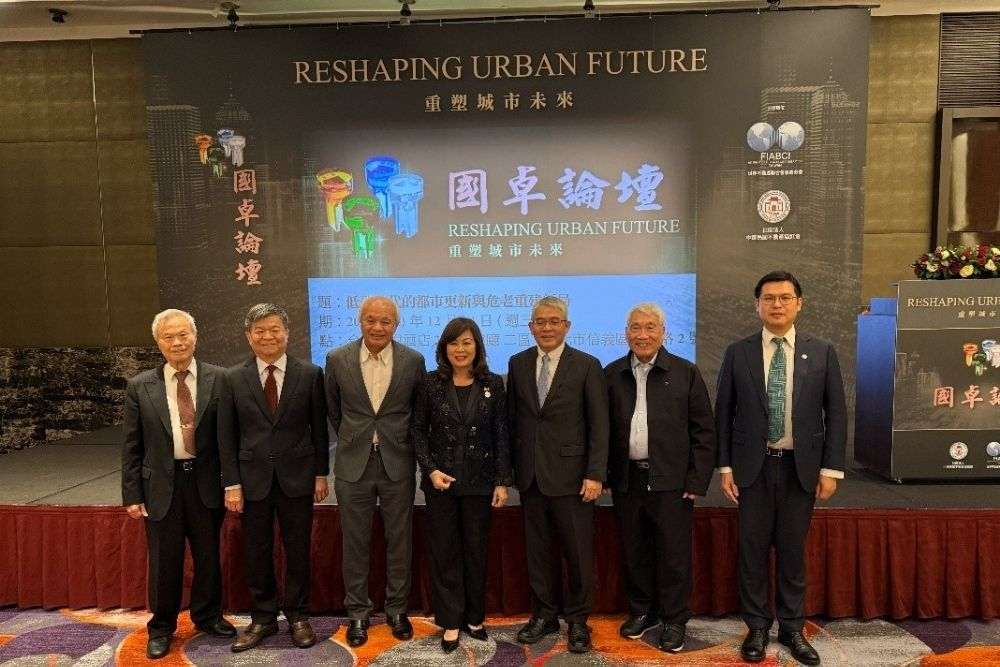
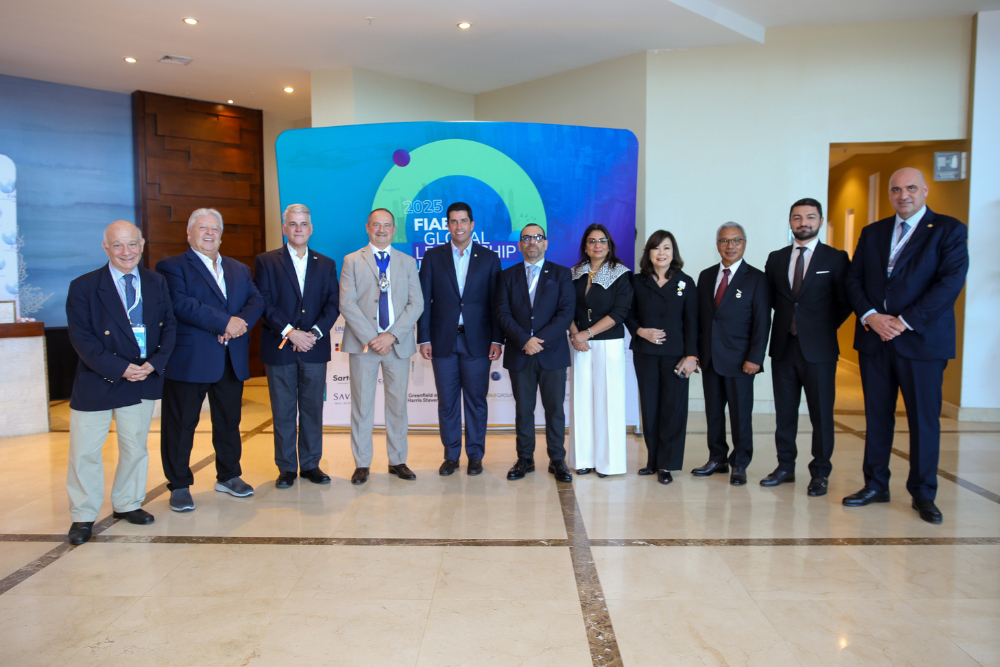
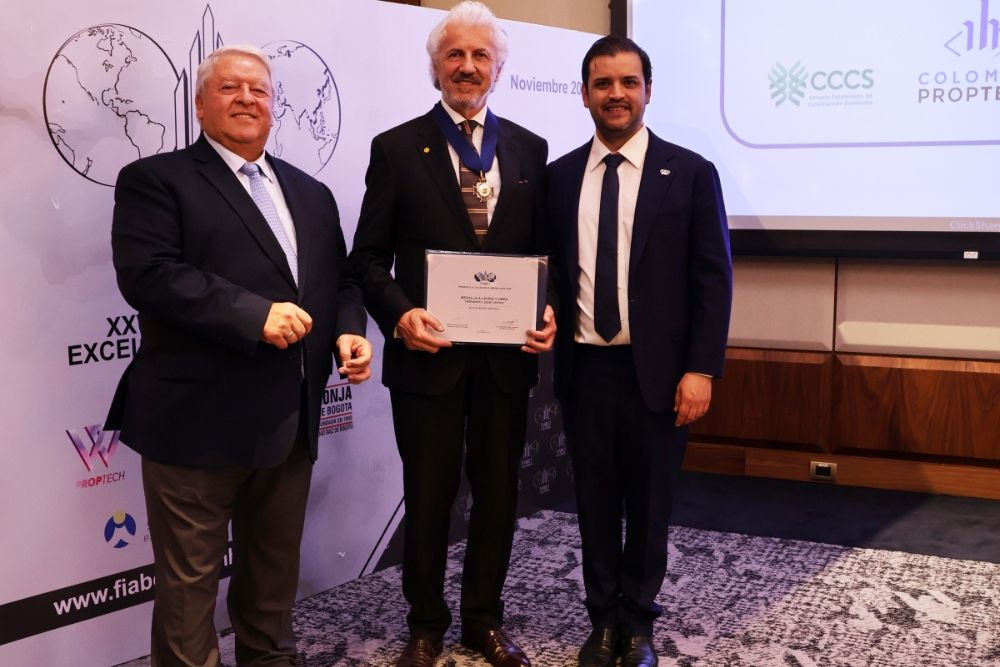

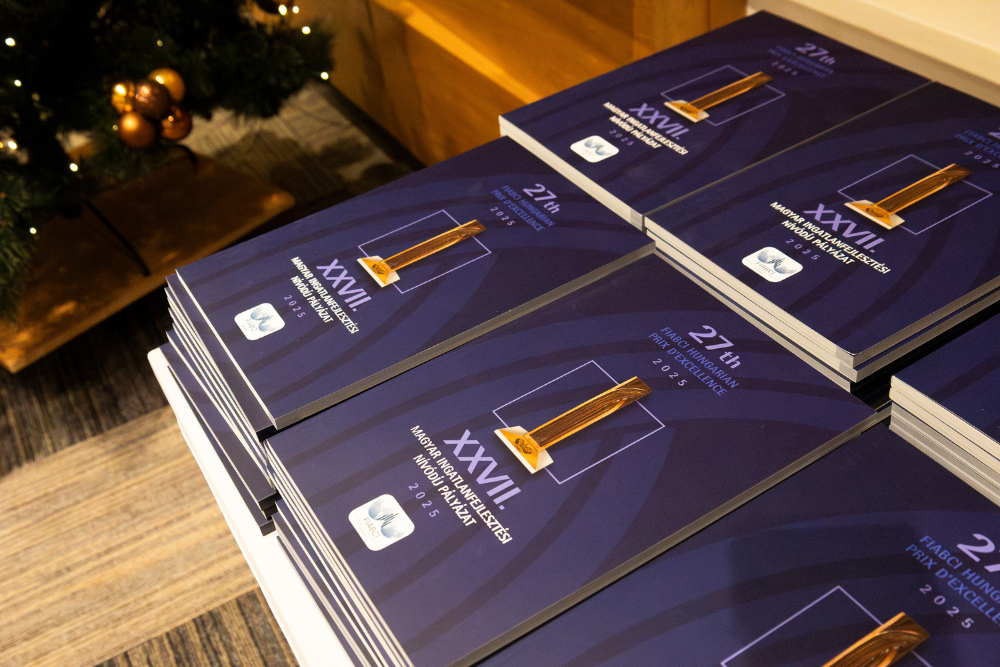
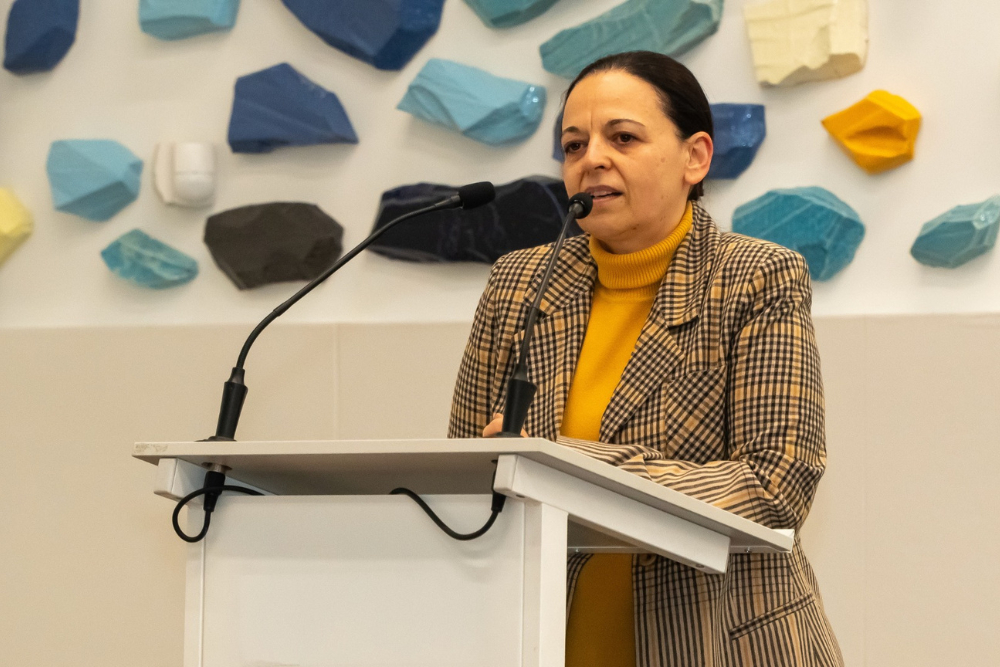
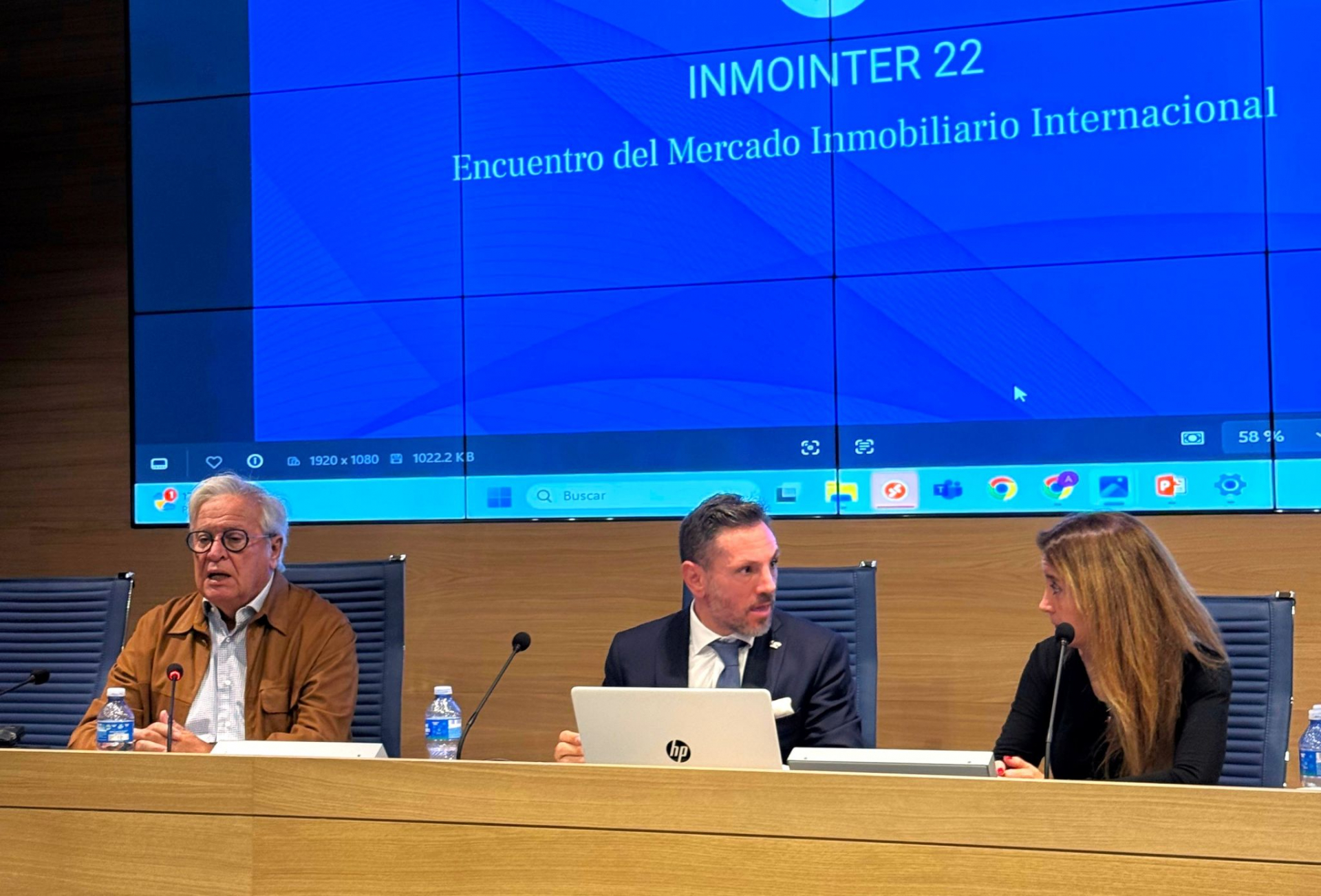

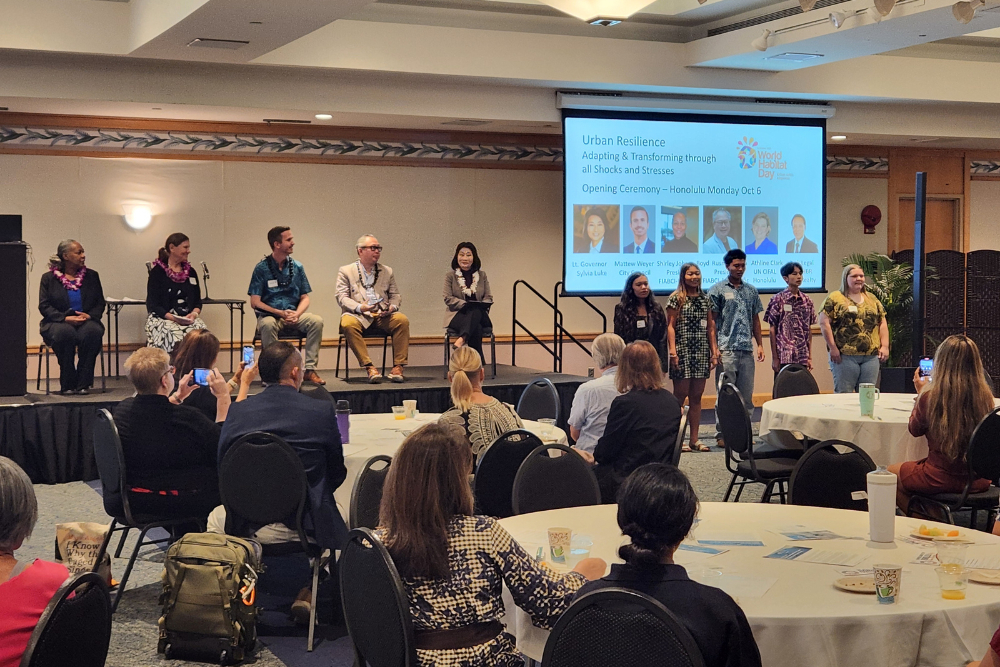


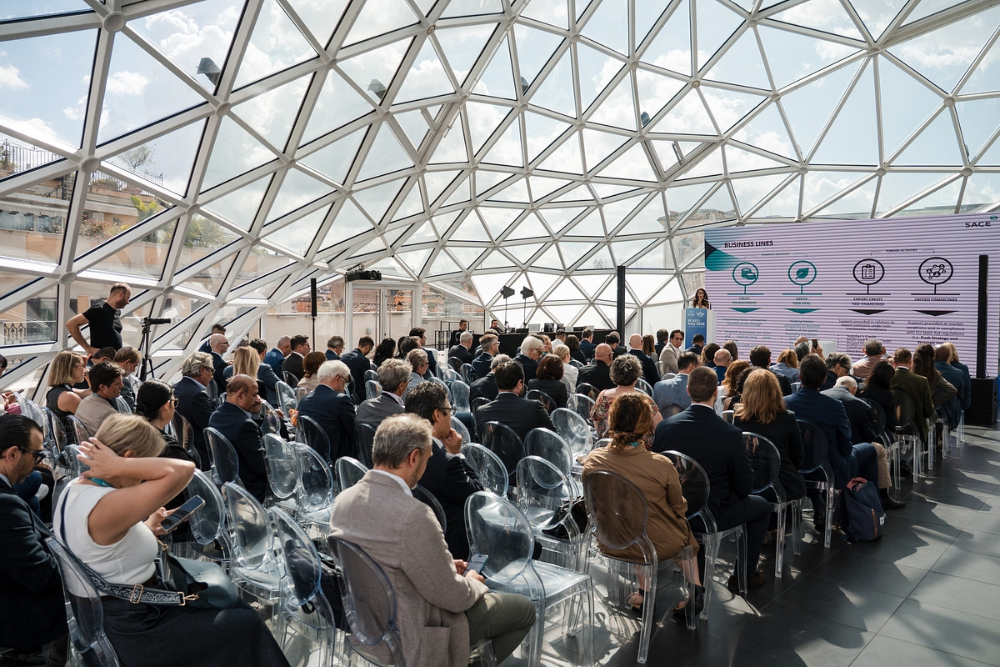
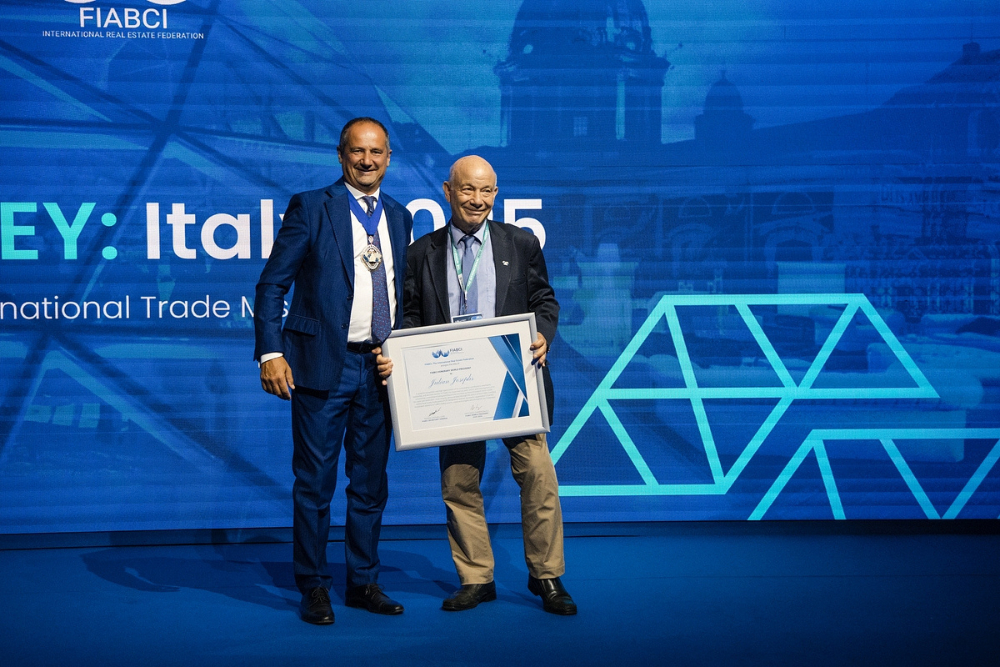
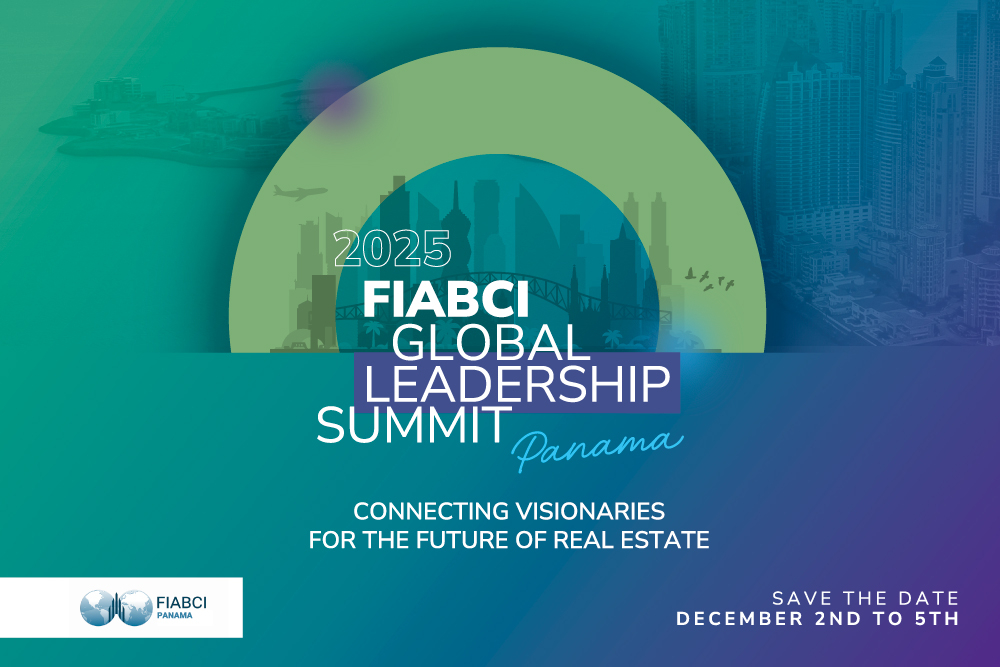


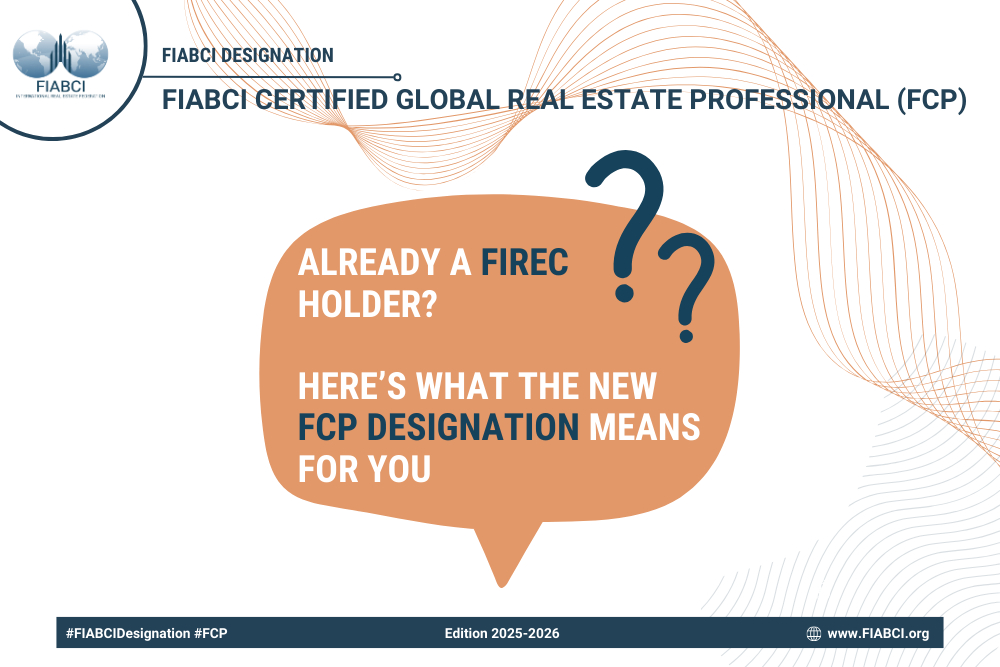
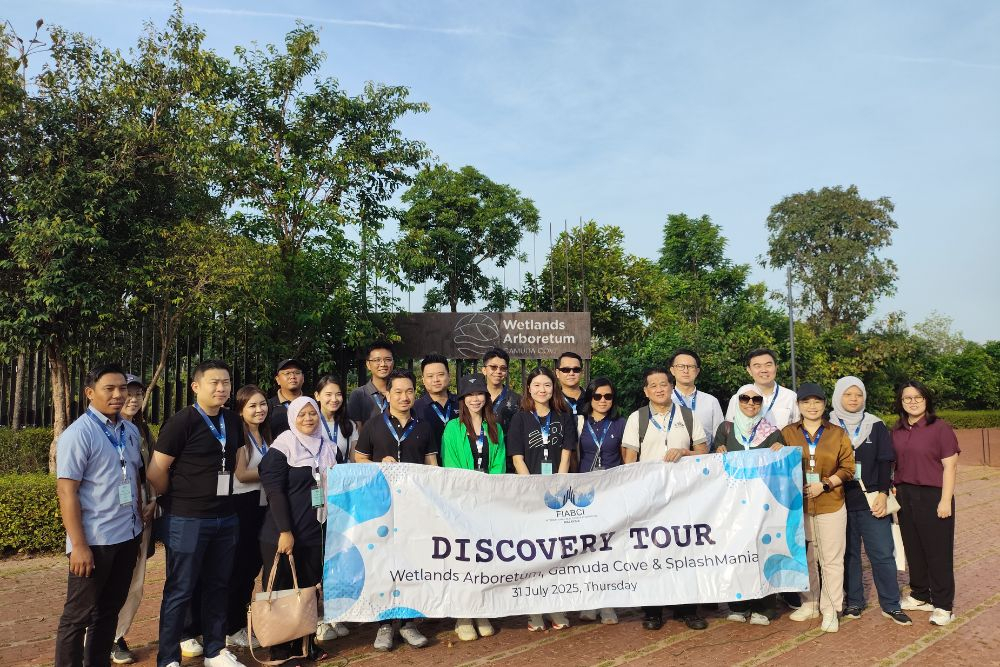
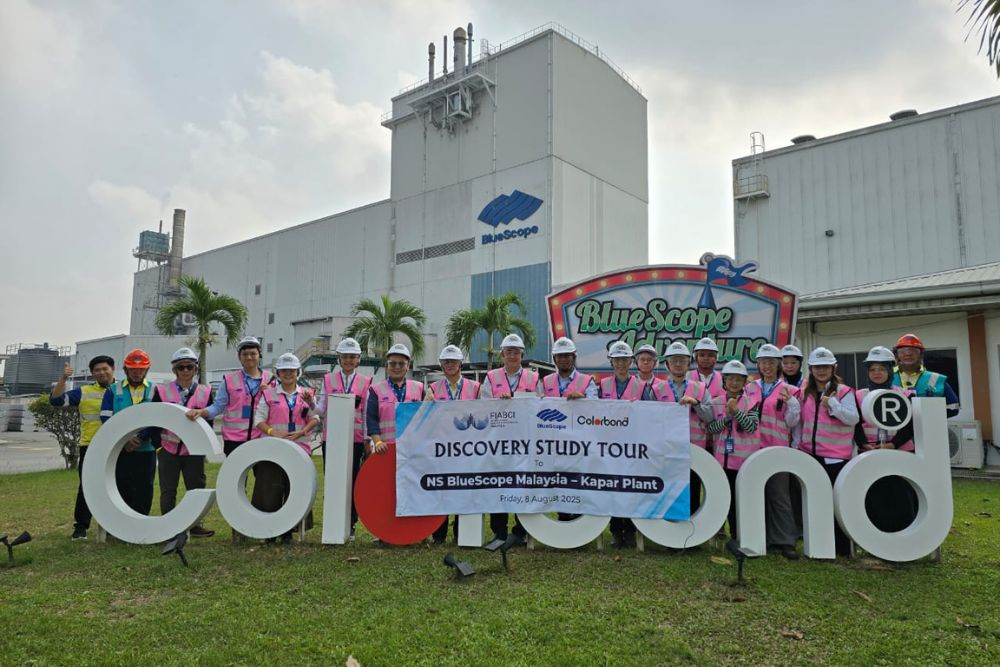




















































































































































































































































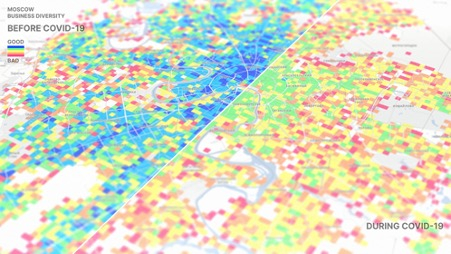












































































![[Webinar Summary] COVID-19: What lies ahead for the Real Estate Industry?](/uploads/news/9i1w05plq2ksbcswuyj5ze2nr.png)































































































